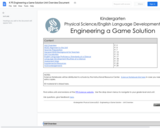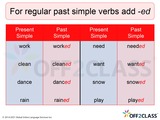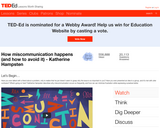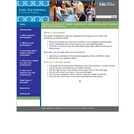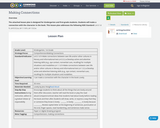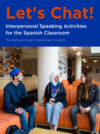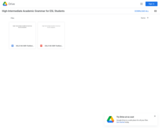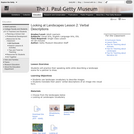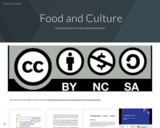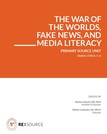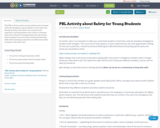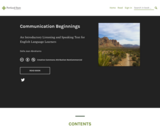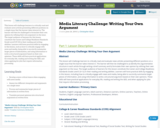Conversation Activities | The Pathways Project
Short Description:
Let’s Chat! Spanish features a collection of over 100 interpersonal speaking activities for novice and intermediate learners. Touching on a range of thematic topics such as free time activities, travel, daily routines, health, the environment, art and so much more, Spanish teachers are sure to find an activity to use in their courses. These activities may be used as is or can easily be revised and remixed to fit the unique needs of individual classrooms.
Long Description:
Let’s Chat! Spanish features a collection of over 100 interpersonal speaking activities for novice and intermediate learners. Touching on a range of thematic topics such as free time activities, travel, daily routines, health, the environment, art and so much more, Spanish teachers are sure to find an activity to use in their courses. These activities may be used as is or can easily be revised and remixed to fit the unique needs of individual classrooms.
Are you a language instructor using Pathways Project Activities? We would love to hear from you. CLICK HERE to provide your feedback and share back activities you revised with the Pathways Community.
The Pathways Project, an initiative from the Department of World Languages at Boise State University, is a collaborative network of open educational resources (OER) including instructional language teaching materials and professional development created by and uniquely for Idaho’s K-16 language teachers and students.
Teachers and students participating in the Pathways Project come from different fields of study and schools across Idaho to create open (i.e., free), digital activities that support the teaching and learning of foreign languages and promote intercultural competence. We hope to impact the opportunities learners have to connect to the global world!
Visit the Pathways Project Website to learn more.
Word Count: 116579
(Note: This resource's metadata has been created automatically by reformatting and/or combining the information that the author initially provided as part of a bulk import process.)

